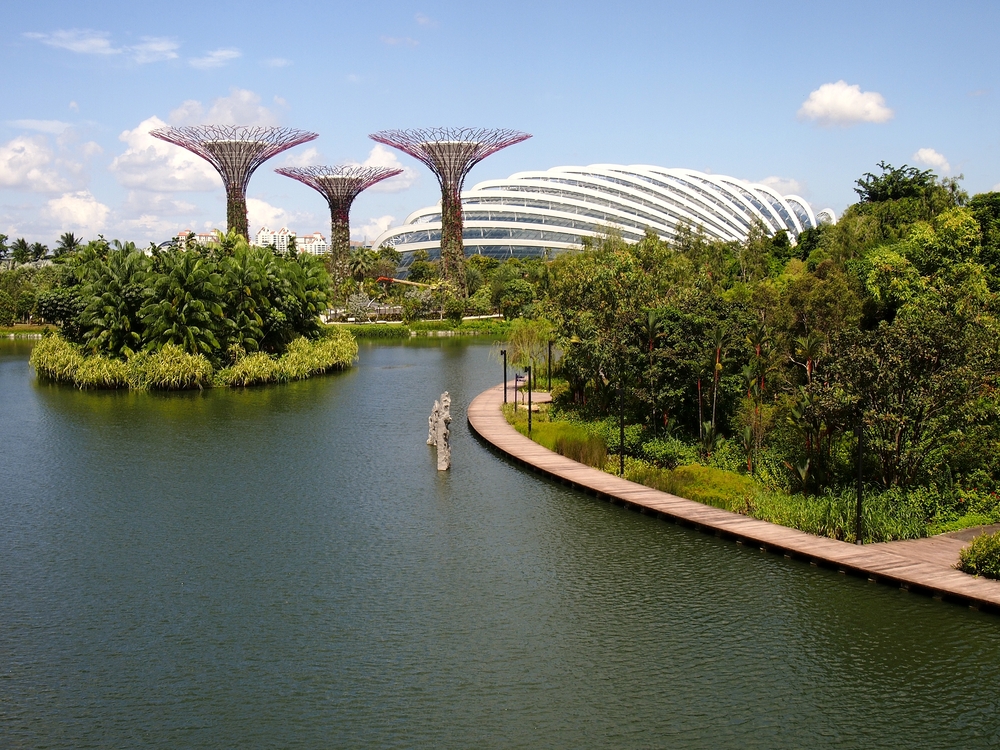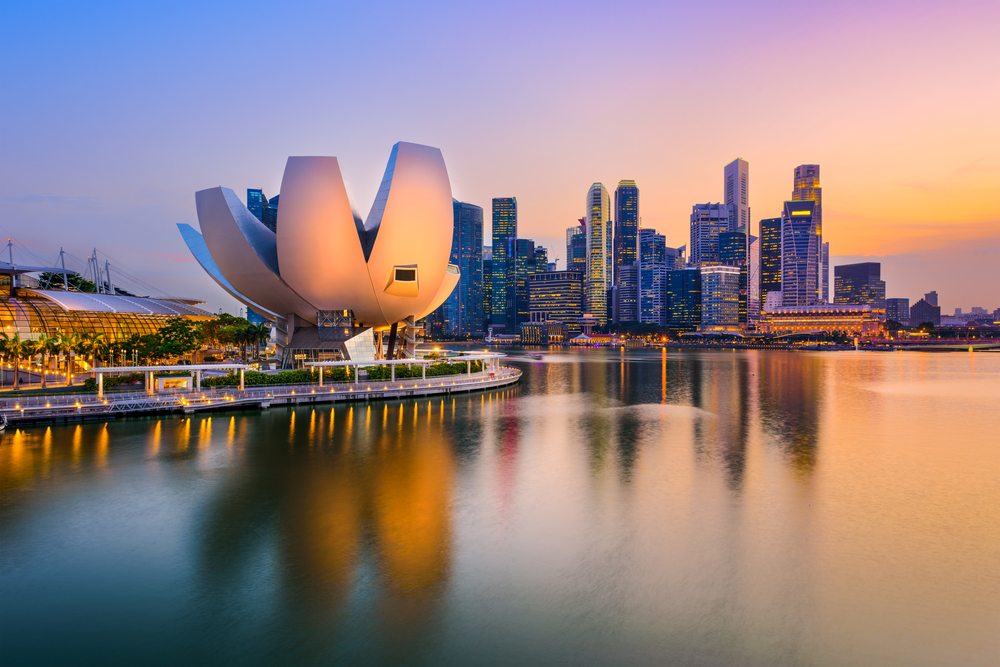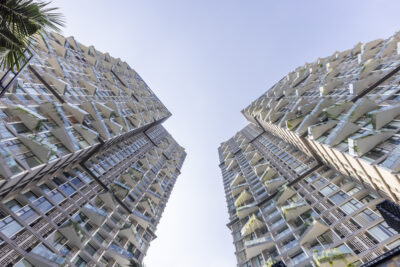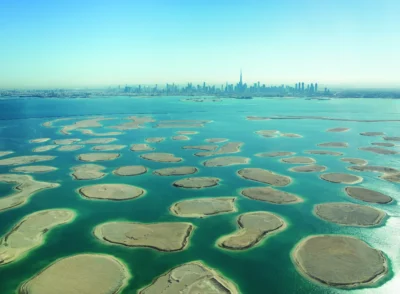Singapore considers floating structures as solution to land scarcity
Singapore has run out of options to build new developments, and it’s leading some to consider a futuristic solution that may also benefit other cities

High-rise buildings have long been the answer to population growth in the most densely packed urban cities. If you can’t build out, you build up. But even this has limits. Land-scarce Singapore has been artificially padding its territory with man-made land (a process called reclamation) since the 1960s, growing its usable area by almost a quarter in that time. This, too, has limits. Singapore is running out of shallow waters to build its new self, and in the face of prohibitive reclamation costs, a new idea has emerged: floating structures.
Who doesn’t fancy their house being built on the water or surrounded by water? If it can be realised, I think these floating developments will be a very desirable place for people to live
“I think there is no secret that Singapore, as an island city state, is aware of the long-term development restriction due to our land scarcity,” says Henry Woon, director of Atelier Ten, an environmental design consultancy firm. “The floating structures might not be the solution for all development (yet), but I can see it offering an alternative for certain types of development in the near future.”
High-rise buildings on floating bases are out of the question, and underground infrastructure, such as drainage, sewage, and electrical connections, is risky and difficult to engineer. With that said, Woon sees unique advantages to these developments. For instance, land masses could be linked together in deep waters while the marine ecosystem below remains largely undisturbed. If developers can mitigate the risks in cost effective ways and minimise environmental impacts, Woon believes these developments could see widespread support.

“Who doesn’t fancy their house being built on the water or surrounded by water?” he says, pointing to Sentosa Cove as a prime example. “If it can be realised, I think these floating developments will be a very desirable place for people to live.”
With 193 kilometres of coastline and relative protection from natural disasters, Singapore is an ideal environment to test the viability of these structures. Experts say we can expect to see early iterations tackle industrial uses, such as floating bridges or oil storage centres, before moving to hospitals, schools or prisons. The rest of Asia might not be far behind. Capitals like Jakarta, Manila, and Bangkok are staring down the barrel at rising water levels that threaten to displace millions of residents as early as 2050, according to architectural firm BIG and non-profit company Oceanix.
More: Experts envision floating cities as the next major real estate trend
“The challenges facing these and other cities are daunting, but not insurmountable,” says UN deputy secretary-general Amina Mohammed in a statement after the first-ever UN round-table discussion on the topic in April. “We will, however, need new tools and approaches to address the challenges we will face in the coming decades. And Sustainable Floating Cities give us an opportunity to reimagine how we build, live, work, and play.”
This article is the fourth in a four-part series. It originally appeared in Issue No. 155 of PropertyGuru Property Report Magazine. Read the first, second, third parts here
Recommended
Dewan Architects’ Mohammed Adib leads with human-centred design and technological innovation in the Middle East and beyond
Mohammed Adib channels his childhood curiosity and dislike for design uniformity into his work at Dewan Architects + Engineers
UAE real estate shifts focus to sustainability and quality, revitalising iconic projects
The UAE has risen from its challenges to emerge as a more sustainable, quality-focused destination
Exploring A Life By Design’s maximalist approach to interior design
Andrea Savage is embracing the maximalist trend with bold and vibrant interior designs
Jakarta’s emerging innovation hub integrates tech and healthcare sectors
The Digital Hub in BSD City is being positioned as Indonesia’s counterpart to Silicon Valley






